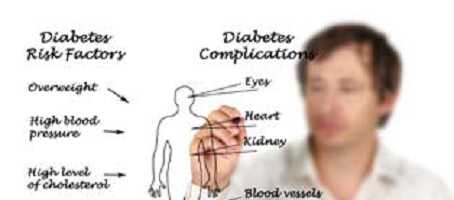Ghreli, a hormone produced by the gut, is responsible for making us feel hungry. It increases the desire to eat by influencing neurons in a small region of the brain called the hypothalamus.
In other words, ghrelin is produced by the stomach to let the brain know that the body needs food.
New research suggest that some people produce too much ghrelin as infants, which affects the development of their brain and causes constant feelings of hunger as an adult, increasing the risk of metabolic disorders such as obesity, cardiovascular disease, and type 2 diabetes.
This study, conducted at The Saban Research Institute of Children’s Hospital Los Angeles and published in The Journal of Clinical Investigatio, suggests that some obese people simply produce too much of the hormone that makes us feel hungry.
Researchers conducted two experiments on infant mice. In the first, they restricted the secretion of ghrelin; in the second, they accelerated its production. Both experiments caused significant metabolic dysfunction, suggesting that either too much or too little of the hormone in infants increases the risk of developing metabolic disorders such as obesity and type 2 diabetes during adulthood.
The study highlights the importance of maintaining healthy ghrelin levels in children. Parents can help their children maintain hormonal balance by ensuring they get plenty of sleep; sleep deprivation has been linked to overproduction of ghrelin.
Sebastian Bouret, of the Developmental Neuroscience Program at CHLA and associate professor of Paediatrics at Keck School of Medicine of the University of Southern California, said: “We’ve shown that neonatal ghrelin directly influences development in the part of the brain related to appetite and the regulation of metabolism.
“This study suggest a link between maturation of the gut-brain axis and later susceptibility to obesity, diabetes and cardiovascular disease.
“Our study underlines the importance of maintaining a healthy hormonal balance – including ghrelin – during early life, to ensure proper development of brain-feeding centres.”
What's new on the forum? ⭐️
Get our free newsletters
Stay up to date with the latest news, research and breakthroughs.









